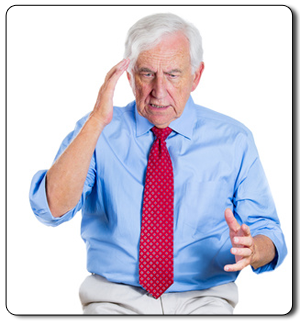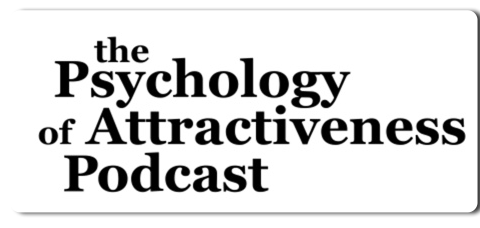 How can technology be used to help people with Dementia and Alzheimer’s? Here are a few examples. You may have heard of the “Internet of Things” – this is the idea that we can place small Internet-connected devices onto everyday household objects in order to get information from them about what you are doing – and not doing – throughout the day.
How can technology be used to help people with Dementia and Alzheimer’s? Here are a few examples. You may have heard of the “Internet of Things” – this is the idea that we can place small Internet-connected devices onto everyday household objects in order to get information from them about what you are doing – and not doing – throughout the day.
A simple use of these devices would be to program them to turn the heat up (or down), turn your coffee on and feed the cat when the device senses that you just woke up.
But how about using these devices with people who have memory problems? We can also detect when you are NOT doing something (and by a certain time) that you ought to be doing (like eating breakfast) and we can give you an automatic reminder or, if you have fallen, automatically send someone a text.
In this episode of The Psych Files we apply technology and psychology to your daily life.
Examples of Negative Reinforcement in Daily Life
-
-
- Seatbelt: an alarm (or buzzer) in your car goes off if you DON’T click your seatbelt.
- Umbrella: you get wet if you DON’T put up your umbrella
- Aspirin: your headache continues if you DON’T take it (at least for an uncomfortable period of time)
- Oxygen machine: 911 is called if you DON’T reconnect the tube to your nose after 30 minutes
- Smartphone Games and Apps: annoying ads will continue to be shown if you DON’T pay money to get rid of them
-
Internet of Things for Dementia
-
-
- Bt.tn: a big button that can (among many things) send you a text message when your parent either a) presses the button to indicate that she has done something (e.g, taken her pills or gone to breakfast), or b) send you a text message when your parent has NOT done something (i.e., if a certain time of the day passes and the button has not been pressed you will be sent a text message). Other examples: hit the button when you get up in the morning and it will a) turn on your coffee machine, b) turn the heat up or down, turn on the lights, turn on music, etc.
- SmartThings: devices that can be either carried with you (on a key fob for example) or installed onto things in your home (a door, a window, etc.) and which are connected via the Internet to a “hub” device so that you can program things to happen when those devices are activated.
-
-
- Â
Dementia—hopes and imaginings on All in the Mind
Â
-
- Â
Â



